Washington, D.C., Jan 24, (V7N) - President Donald Trump launched a fierce critique of his political rivals in his first televised interview since becoming the 47th president of the United States. On Monday, Trump sat down with Fox News host Sean Hannity, targeting former President Joe Biden and former Representative Liz Cheney (R-Wyo.) with sharp criticism.
In the early days of his presidency, Trump signed several executive orders, including one that shut down all diversity, equity, and inclusion offices in the executive branch. Employees working in these offices were immediately placed on leave.
Trump addressed business and political leaders at the World Economic Forum in Davos, Switzerland, on Thursday, declaring that the "Golden Age" of America had returned and that the country was "back and open for business." Speaking remotely from the White House, Trump highlighted his plan to declare a national energy emergency and unlock the nation's vast oil and gas resources, which he referred to as "liquid gold." He also expressed his intention to work with Saudi Arabia and OPEC to reduce oil prices.
Several of Trump's Cabinet nominees took significant steps toward confirmation this week. The Senate Banking Committee approved Scott Turner's nomination for Housing and Urban Development secretary, while Doug Collins received near-unanimous approval from the Senate Veterans Affairs Committee for his nomination as Secretary of Veterans Affairs. However, it remains unclear when the full Senate will hold votes on these nominees.
One of Trump's more controversial nominations, Robert F. Kennedy Jr., will face questioning from senators on January 29. Kennedy, nominated to lead the Department of Health and Human Services, is known for his history of vaccine skepticism, and lawmakers are expected to press him on his views during his confirmation hearings.
Trump's nominee for Energy Secretary, Chris Wright, saw his nomination approved by the Senate Energy and Natural Resources Committee, with a final vote expected in the Senate. Wright, an oil industry CEO, would play a key role in Trump's plans to boost American energy production.
Another of Trump's high-profile picks, former North Dakota Governor Doug Burgum, is poised to become the Secretary of the Interior. He received overwhelming support from the Senate Energy and Natural Resources Committee and is now awaiting a final vote in the Senate. If confirmed, Burgum would oversee efforts to increase energy production and reduce regulations for the energy sector.
In a significant move, Trump signed an executive order on Monday to end automatic citizenship for children born in the U.S. to foreign nationals. This order has sparked legal challenges, with 18 states suing the administration, arguing that it violates the Constitution and the 14th Amendment, which guarantees citizenship to anyone born in the U.S.
Trump's first days in office have been marked by swift action and continued political attacks. He has criticized former President Biden's administration, blaming it for issues such as inflation, the situation in Afghanistan, and the ongoing conflict in Ukraine. Trump also slammed former Republican Representative Liz Cheney, calling her a "crying lunatic."
Trump's executive orders have come quickly since his swearing-in, including actions to declare a state of emergency at the southern border and to pardon individuals charged in the January 6 insurrection at the U.S. Capitol.
In his inaugural address, Trump promised to bring "national unity" to the country, but his early days in office have been focused on pushing back against his political opponents. As Trump moves forward with his agenda, many of his actions and decisions are expected to stir debate and spark legal challenges.
END/SMA/NYC/AJ/



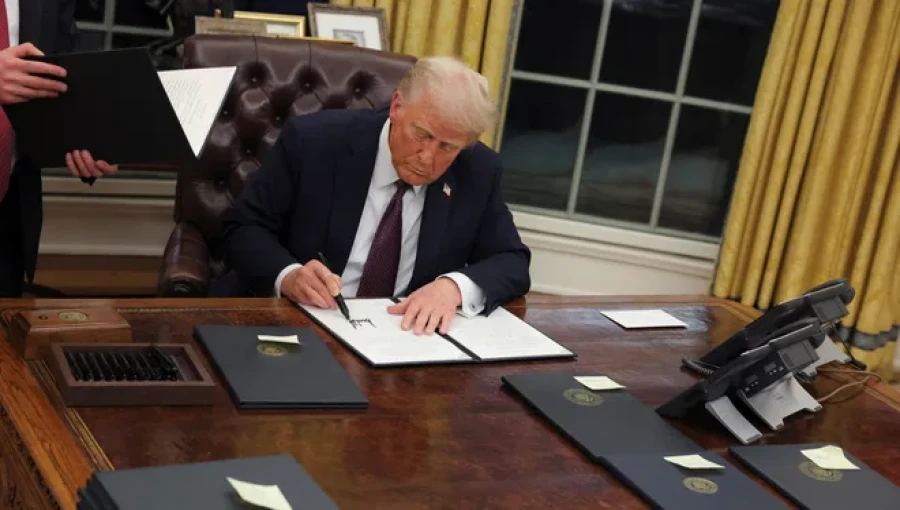


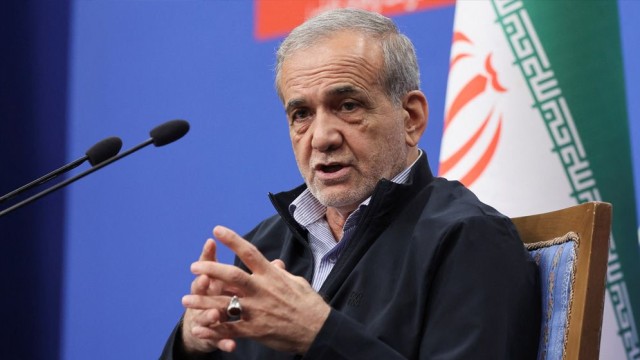
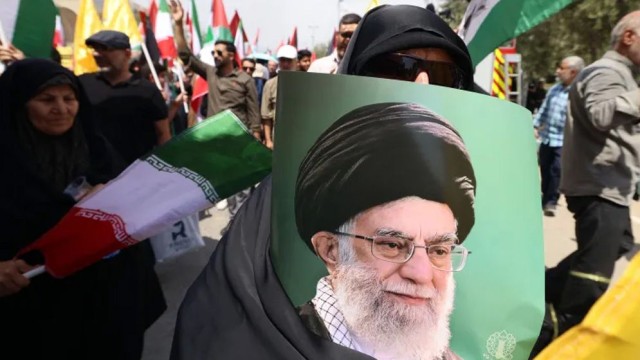
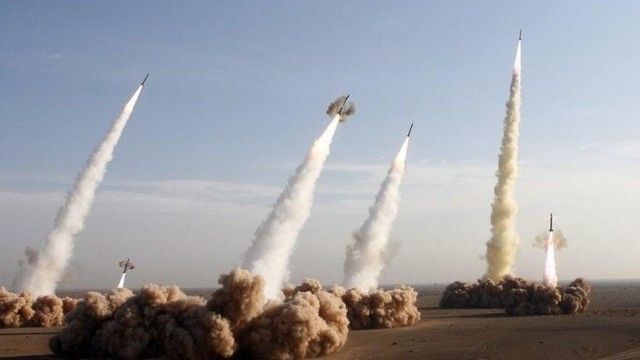
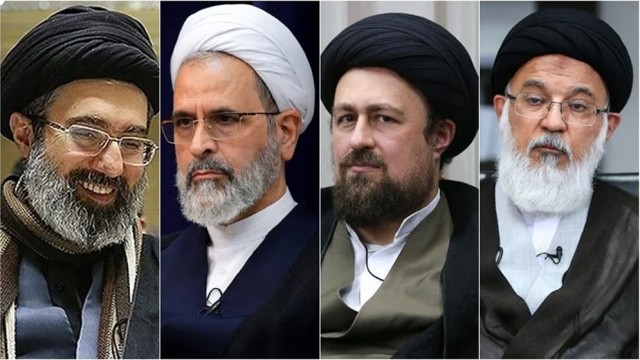









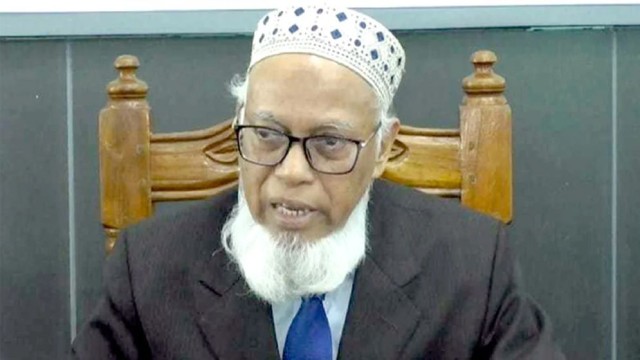










Comment: